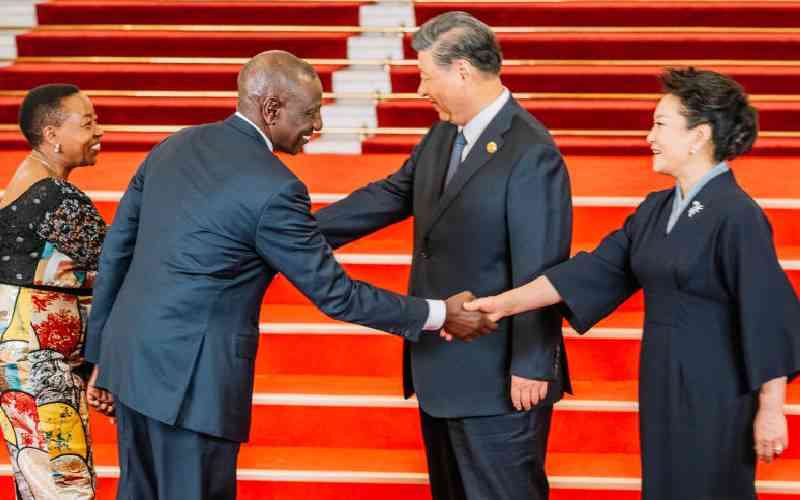
When President William Ruto made his maiden visit to China last week, he had to tread carefully since he wanted to portray Nairobi as the regional powerhouse and entice Chinese companies to invest in Kenya's ICT and energy sectors, despite his obvious camaraderie with the West.
"Kenya is a great champion of renewable energy and that is why our grid is almost 93 per cent renewable and that is a deliberate decision made. I'm happy you have technology that can work with us for leverage on our renewable assets," he told Chinese investors.